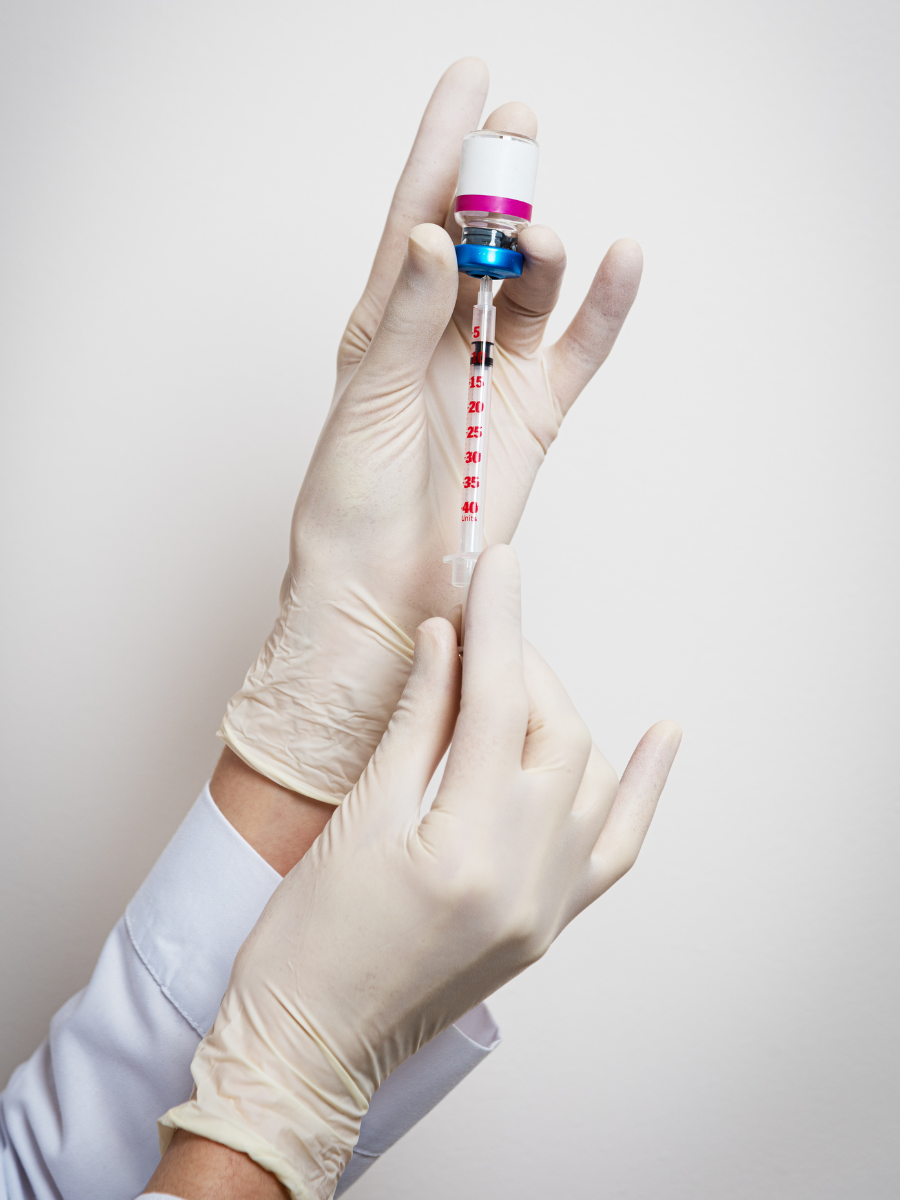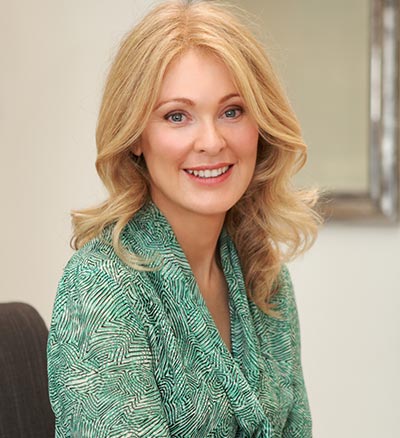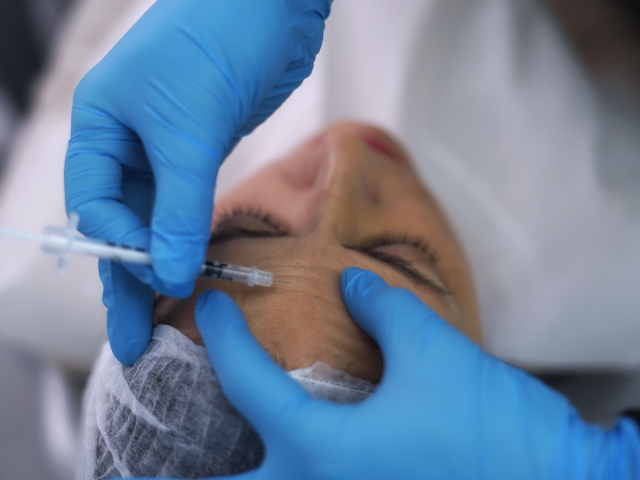Top New Zealand Cosmetic Doctors Weigh in on the Rise of Counterfeit Injectables

Recently, counterfeit injectables and devices have become a major concern globally, and New Zealand is not immune to this growing problem. Recent reports have highlighted the risks associated with counterfeit products, prompting regulatory bodies to take action to protect patient safety. To shed light on this issue from a local perspective, we spoke to two of New Zealand’s leaders in cosmetic medicine, Dr Cat Stone and Dr Sarah Hart.


Dr Cat Stone & Dr Sarah Hart
The availability of counterfeit products has grown more prominent in recent years, both in New Zealand and internationally, according to Dr Cat. “We went through a stage about three to five years ago where we had multiple people calling The Face Place and offering us ‘cheaper Botox’,” she recounts. “We naturally took all their details and reported them to the authorities!” On the other hand, Dr Hart shared a concerning case of a patient who experienced adverse effects from a counterfeit toxin received overseas. “I assisted a lady who underwent treatment in Bali. She reached out to me in desperation as botulinum injections for her crow’s feet had spread, causing her whole face to droop and impairing her ability to smile.” While Dr Hart has not encountered such cases locally, the potential dangers of counterfeit injectables are evident.

Emphasising the importance of rigorous training, Dr Cat highlights the extensive expertise required to responsibly and effectively administer treatments. “It takes significant training and a thorough understanding of anatomy and the balances of the face to have the skill to appropriately inject and achieve beautiful results, which is why we constantly invest so much in training and upskilling our team,” says Dr Stone. “Sadly, the fact that some people are willing to compromise patient safety for the sake of a few extra dollars has a significant impact on the many clinicians in the industry who have a high level of integrity and provide quality products and service to our patients.”
Both doctors stressed the importance of caution and discernment among patients when seeking cosmetic treatments. Avoiding purchasing injectable products online, where authenticity and quality cannot be guaranteed, is key.
To safeguard against counterfeit injectables, patients are encouraged to visit reputable clinics that source their products directly from pharmaceutical companies or authorised distributors.
“Patients should seek qualified practitioners, such as doctors holding the NZSCM Diploma of Cosmetic Medicine or nurses who are members of the reputable organisation New Zealand Aesthetic Nurse Association (NZANA),” says Dr Hart.
“Don’t be scared to ask to see the box or vial, and if it’s a different product to what you’ve been told, refuse treatment. If you are going to a less reputable or cheaper clinic, educate yourself on what genuine products look like. For example, Botox ® ️from Allergan/AbbVie has a special 3D hologram on the vial that marks it as genuine,” adds Dr Cat.
Working in the medi-aesthetics industry comes with an ethical responsibility. “We should always be sourcing products from the pharmaceutical company or registered distributor,” emphasises Dr Cat. “If you are approached by someone wanting to sell you a cheap product, take their details and report them to Medsafe, so that we can all work together to protect patient safety and the reputation of our industry.”
As co-president of the New Zealand Society of Cosmetic Medicine (NZSCM), Dr Hart is equally passionate about upholding ethical cosmetic medicine standards in New Zealand. “It is my goal to ensure this field remains safe and ethical for the benefit of patients and practitioners alike. However, while NZSCM can regulate our members, we have no control over what providers outside our organisation do.”

In New Zealand, it is legal to deliver injectable treatments after a weekend course, although that doesn’t mean it is wise or safe.
While pharmaceutical companies play a vital role in combating counterfeit products through advanced identification systems like holograms and legal actions, the ultimate responsibility falls on consumers to select their practitioners judiciously.
The presence of counterfeit injectables has the potential to undermine the reputation and integrity of the cosmetic medicine field. “Bringing it into awareness is the first step,” believes Dr Cat. “Then, industry professionals must work together to report and stamp out those who offer counterfeit products.”
